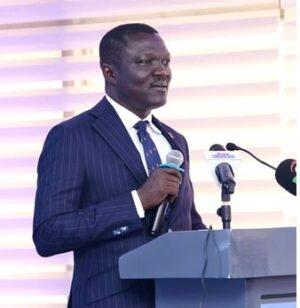
By Kingsley Webora TANKEH
The country is eyeing a significant leap in non-traditional export (NTE) earnings, with government targeting an annual revenue increase from US$3.5 billion to US$10 billion by 2030, according to the Minister of Trade, Agribusiness and Industry, Elizabeth Ofosu-Adjare.
Echoing President Mahama’s ambitious NTE vision, the minister said the target would be realised through effective stakeholder collaboration and the implementation of a robust National Export Development Strategy. This strategy prioritises value addition, value chain extension and broader economic diversification to drive sustained export growth.
She was speaking at the FirstBank Ghana and African Import and Export Solutions (AfricanIES) Exporters Forum held in Accra, in collaboration with the Ghana Export Promotion Authority (GEPA).
The forum aimed at empowering exporters and strengthening the country’s non-oil export sector. The event brought together key stakeholders including exporters, trade experts, regulators and financial advisors to discuss opportunities, challenges and innovative solutions to equip the exporters with the knowledge and skills necessary to expand their businesses.
Market access and financing, which are the export industry’s major constraints, took centre-stage.
The participants had opportunities to network, connect with industry experts, potential partners and fellow entrepreneur, and share experiences that could drive collective growth in the sector.

The Managing Director of First Bank Ghana, Victor Yaw Asante, underscored the training’s importance while expressing First Bank Ghana’s commitment to providing financial solutions for SMEs, which are the Ghanaian economy’s backbone.
“We are dedicated to enhancing the export capacity of SMEs, enabling them to access global markets and thrive. We believe that by equipping these businesses with the right tools and resources, we can elevate their profiles on the international stage,” he said while delivering a speech at the forum.
Ghana’s exports increased significantly in 2024, resulting in a trade surplus. Exports reached GH¢294.9billion in 2024 from GH¢186billion in 2023, surpassing total imports of GH¢250.2billion for the same period. This resulted in a trade surplus of GH¢44.7billion.
However, real trade deficit still persists. According to the Ghana Statistical Service, Ghana’s real trade balance recorded a deficit of GH¢4.7billion in 2024.
Ghana’s Non-Traditional Exports earnings declined marginally by 2.87 percent in 2024 to US$3.83billion from US$3.94billion recorded in 2023, due to reduced exports of iron and steel products to the ECOWAS region.
To reverse this decline, the minister assured exporters that government is working assidously through the Accelerated Export Development Advisory Committee to bring sanity in the export sector and grow exports to strengthen the country’s forex while creating opportunities and jobs for Ghanaians.
She said government is working to remove demurrage charges on weekends and holidays and solve inconsistent exchange rate issues at the ports that continue to burden Ghanaian exporters.
“We are reviewing these policies. Exporters should not be penalised for systemic delays beyond their own control,” she stressed.
“We are prioritising port efficiency by working with relevant agencies to ensure that existing laws are enforced, enhance digital systems and streamline Customs procedures,” she noted.
This, according to her, will ensure that there is transparency, predictability and fairness in the Ghanaian export sector and make Ghanaian exporters competitive at the global stage.
Commenting on the cedi’s appreciation against major trading currencies which spurred fears of a decline in exports, the Trade Minister said “It’s a win-win for everybody” – stressing that cedi stability will reduce the cost of imported raw materials and overall production.
Originally scheduled to take effect in late 2024, large companies now have until 30 December 2025 to comply with the European Union Deforestation Regulation (EUDR), while small and micro-enterprises have until mid-2026.
Under EUDR, businesses trading agricultural products or timber must implement due diligence systems to prove their products are deforestation-free. This includes assessing risks, maintaining relevant documentation and adopting mitigation strategies where necessary.
Amid these stringent and ever-evolving EU regulations – and considering that the EU is one of Ghana’s major trading partners – the trade minister said her ministry has initiated discussions with the European Union to explore the possibility of stationing EU-accredited inspectors in Ghana.
“This initiative aims to enable pre-shipment inspection and testing of export commodities, particularly perishable goods such as vegetables, prior to their departure from our ports to ensure compliance with EU market standards,” she said, stressing that this will prevent losses usually incurred by exporters due to rejection and destruction.
As part of efforts to enhance the efficiency and competitiveness of Ghana’s export sector, Hon. Ofosu-Adjare said government is committed to upgrading and accrediting our local laboratories to meet international sanitary and quality testing standards.
“From licences and certification to branding, storage and logistics, we are building a comprehensive ecosystem that allows Ghanaian products to compete at the highest level,” she said.
The post Trade minister urges stakeholder collaboration to grow exports appeared first on The Business & Financial Times.
Read Full Story
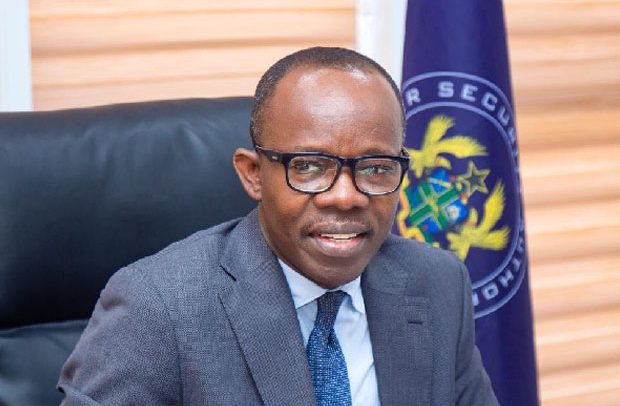

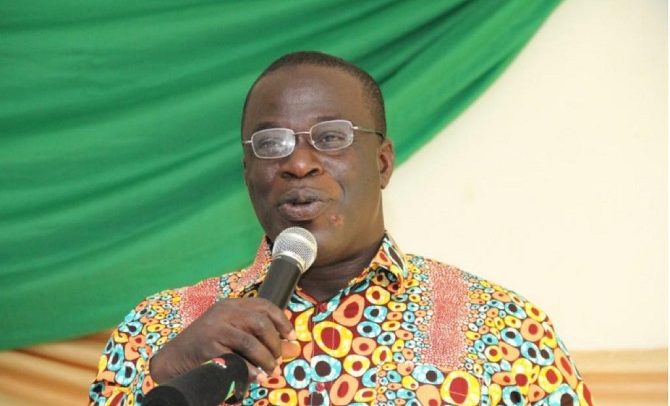
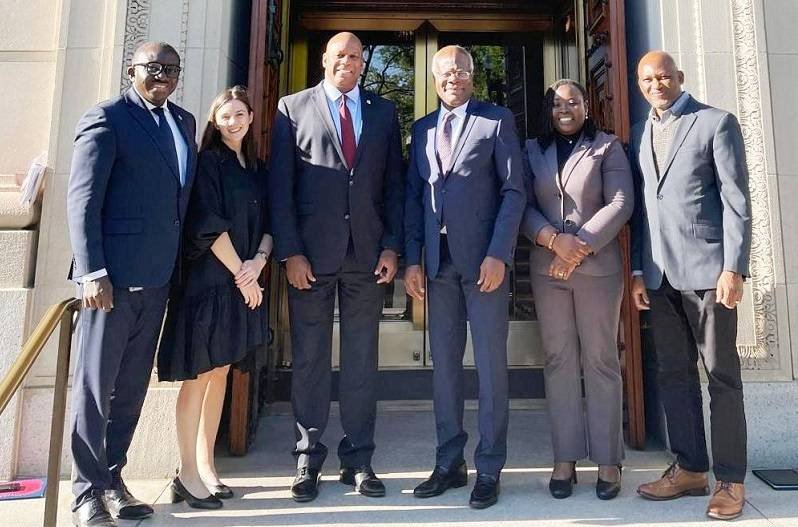
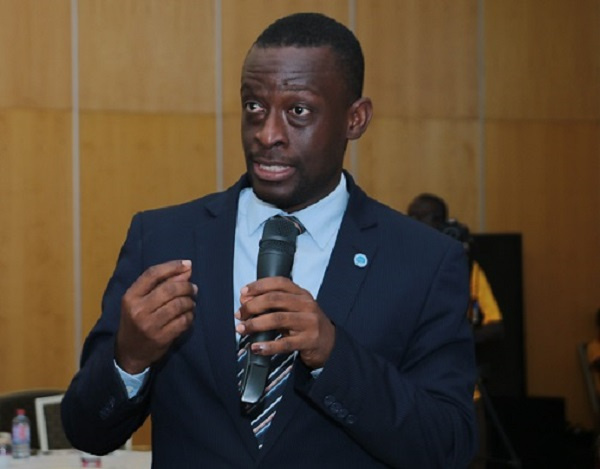
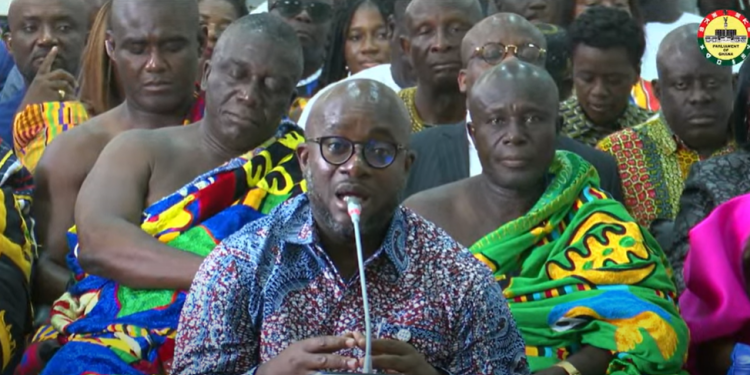
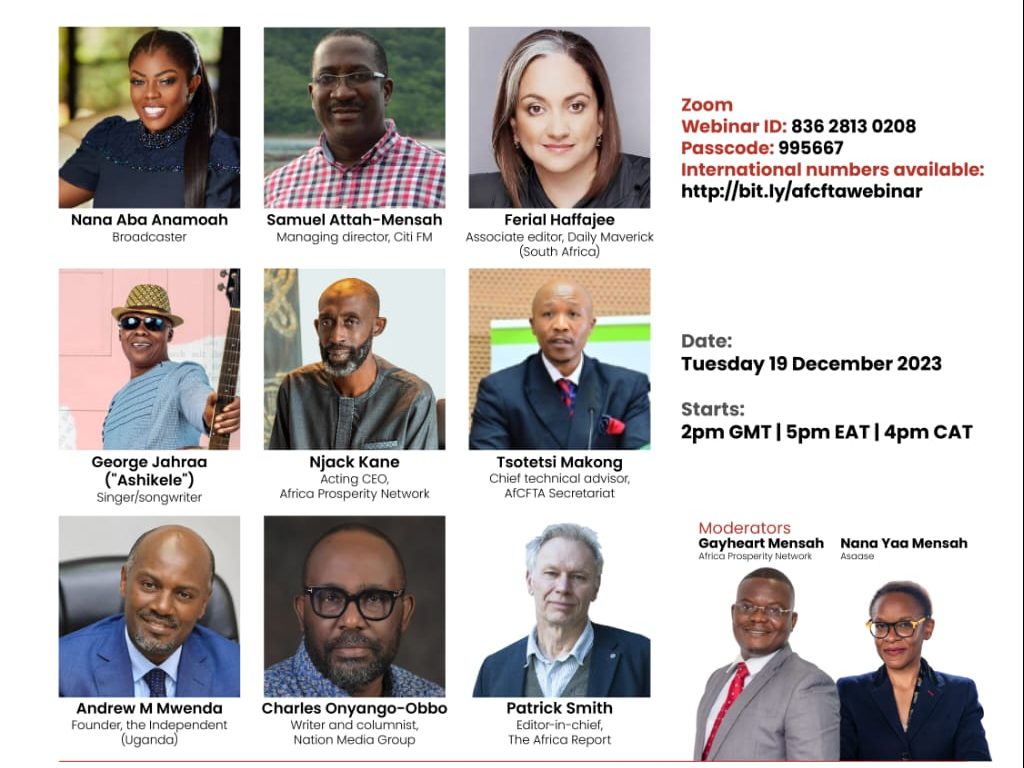










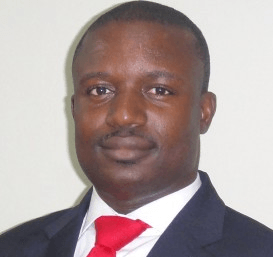
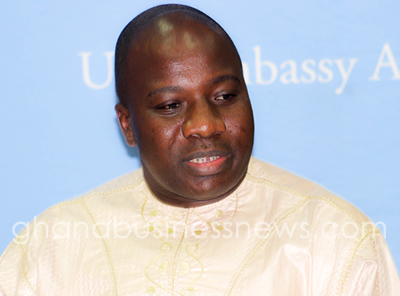
Facebook
Twitter
Pinterest
Instagram
Google+
YouTube
LinkedIn
RSS